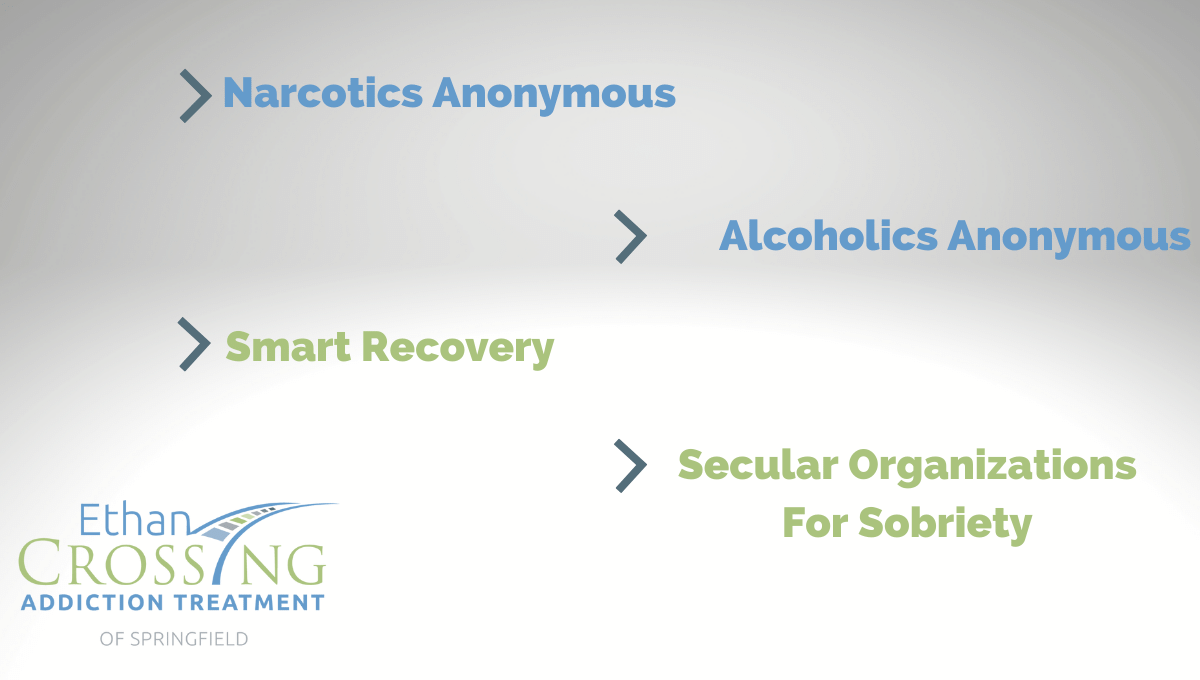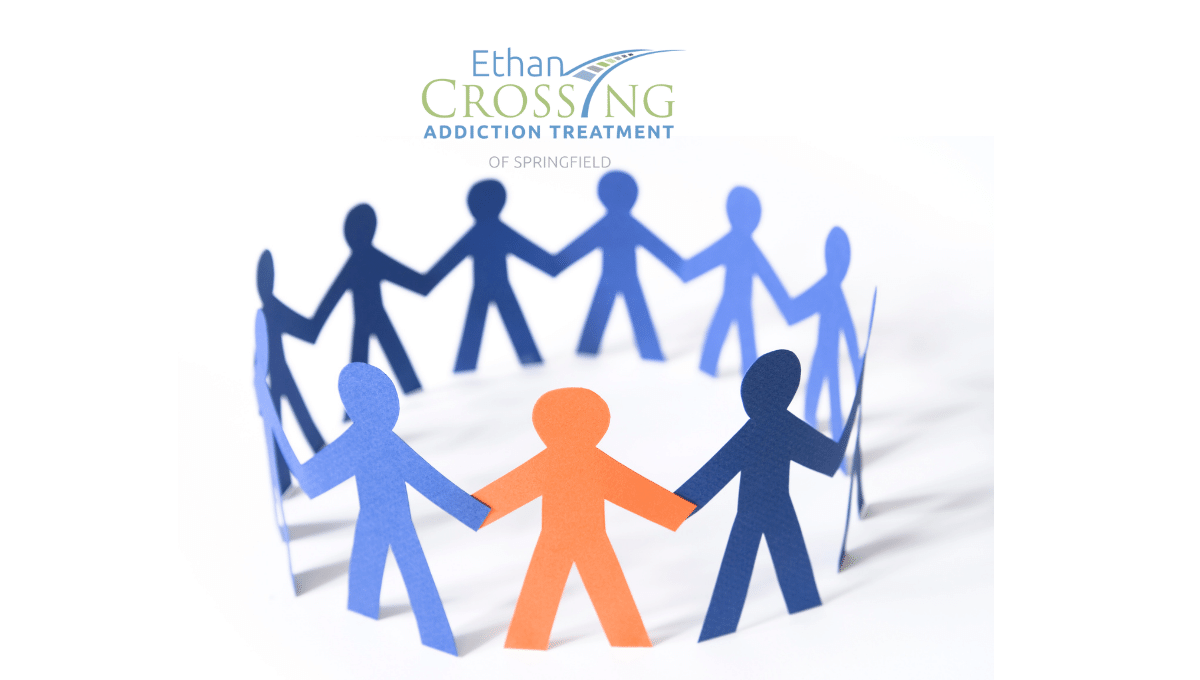The Twelve Steps are a cornerstone of the recovery movement to help people overcome their addictions. They have also been significant in helping people with mental health disorders and other types of mental distress.
But what exactly is the difference between these different types of 12 step therapy? To understand the different types of 12 step therapy, you first need to know that there are four general categories for addiction treatments: behavioral therapy, cognitive therapy, social support group meetings, and religious activities.
Within these broad categories are many sub-categories. Individualized support and group counseling for each case differ in intensity and focus.
 Alcoholics Anonymous
Alcoholics Anonymous
Alcoholics Anonymous (AA) is a non-profit, self-help organization first established in 1935 by Bill Wilson and Dr. Bob Smith. The organization was created to help individuals recover from alcoholism.
Later on, it became known as a 12-step program that focused on getting people sober and staying sober, regardless of their situation.
A person who has an alcohol addiction attends meetings where they talk with other people who have had alcohol and drug abuse problems. The meetings are held once a day to once a week. They provide an environment for individuals to express anything that troubles them.
The main aim of AA is to help its members be honest with themselves and each other. Also, it encourages them to overcome whatever feelings or emotions are needed for them to stay sober and continue with their treatment.
Narcotics Anonymous
Narcotics Anonymous is the same program like AA. In these meetings, addicts discuss their struggles with drugs by sharing experiences, encouraging each other to stay sober, and having a supportive community for support, guidance, and encouragement.
Narcotics Anonymous (NA) was first started in 1947 and is based on the same principles as AA. However, it focuses more on helping people with substance abuse issues get clean and stay clean without expecting anything.
A person participating in NA must keep their attendance consistent. As a result, they will find that going to NA meetings has helped them overcome their drug addiction.
 Smart Recovery
Smart Recovery
Smart recovery was created in 1994 by a man named Jack Trimpey. It is an abstinence-based recovery program, and it was designed to give people with substance abuse issues more power in their lives.
The five core values of Smart Recovery include being open, honest, direct, immediate, and positive. The traditional 12 step program is about acknowledging your mistakes and relying on the group for support. However, Smart Recovery focuses on personal empowerment and self-motivation to quit using drugs or alcohol.
To achieve this goal, this type of therapy relies less on the 12-steps and more on training people to be self-sufficient by teaching them skills that will help them stay sober for a long time. This is often done by utilizing SMART goals. SMART is an acronym for specific, measurable, attainable, relevant, and time-based.
Secular Organizations For Sobriety (SOS)
SOS is an Internet-based 12 step program created to help people with a drug use problem get clean and stay clean. This type of 12 step program is different from the other support groups.
It is supported by the secular community, which means it doesn’t need permission from any religious or spiritual authority to work. This type of 12 step therapy is entirely independent of any religion and has no involvement from any spiritual leaders. It is also wholly confidential, which helps people feel more comfortable when talking about their substance abuse recovery.
Why Support Groups Work
There are many different support groups for similar disorders and conditions, so why should you consider one type over another? It’s significant to recognize that there isn’t one particular answer to this question.
A kind of 12 step therapy that is better than another is subjective. Some people may prefer AA, while others may like Smart Recovery. Some people may like Narcotics Anonymous’s anonymity, while others may feel more comfortable with Alcoholics Anonymous or Secular Organizations For Sobriety.
Regardless of which support group you choose, the key to getting better is active involvement. At their heart, these types of 12 step therapies are all based on the principle of helping people get better.
Online Options Make It Easier
Nowadays, most people want to do everything online, including going to 12 step meetings and support groups. They can use their computers or mobile devices and attend a meeting from the comfort of their own homes. They don’t need to drive anywhere or spend a lot of money on gas. An Internet connection and a web camera are all you need. Moreover, the meetings are flexible.
How We Can Help You
If you’re looking to get better from a substance abuse addiction, we are here for you. We can help you with rehabilitation services and finding support groups to help you maintain your clean living. Call us today to learn more about what we can do to help you.














